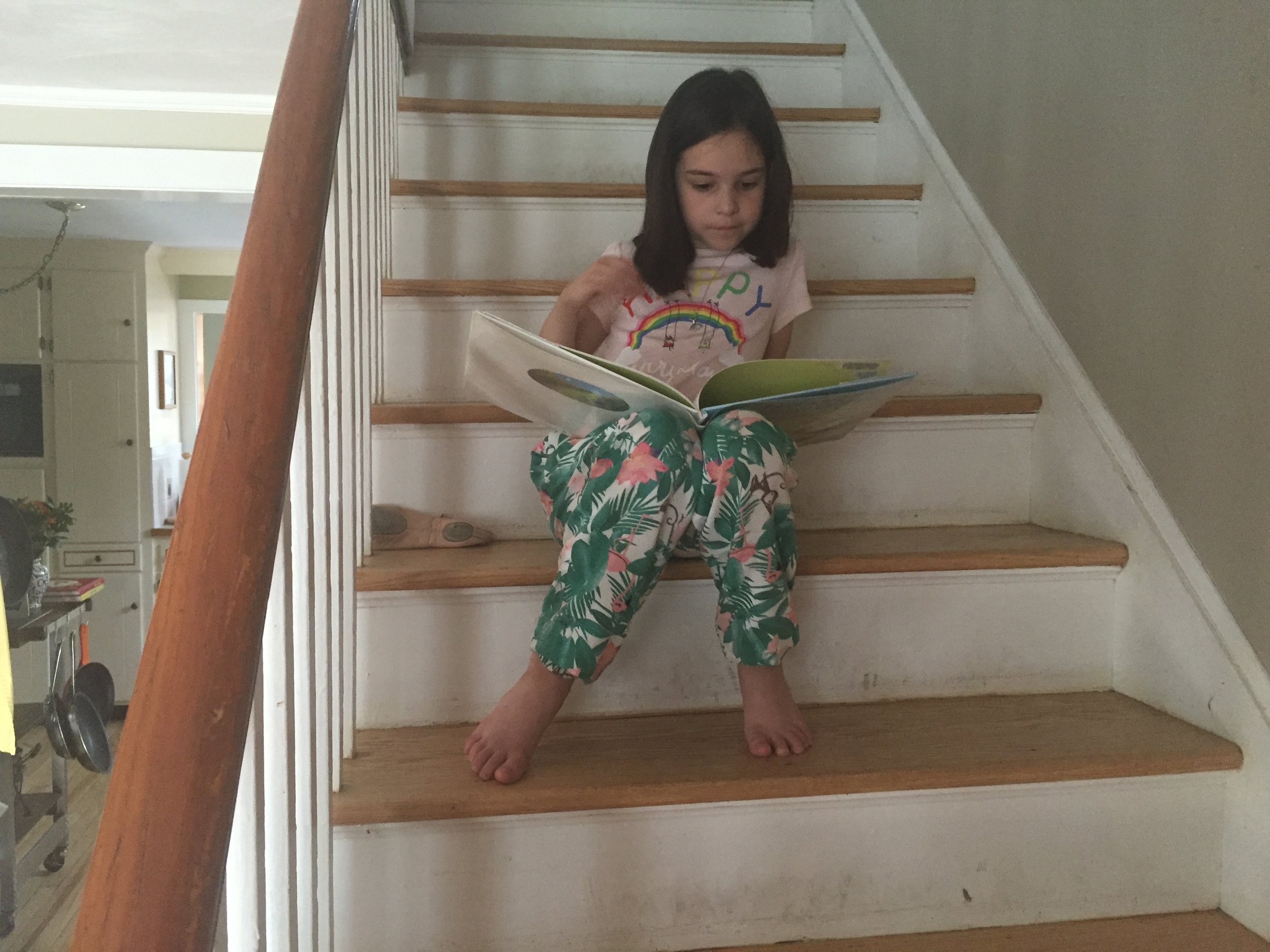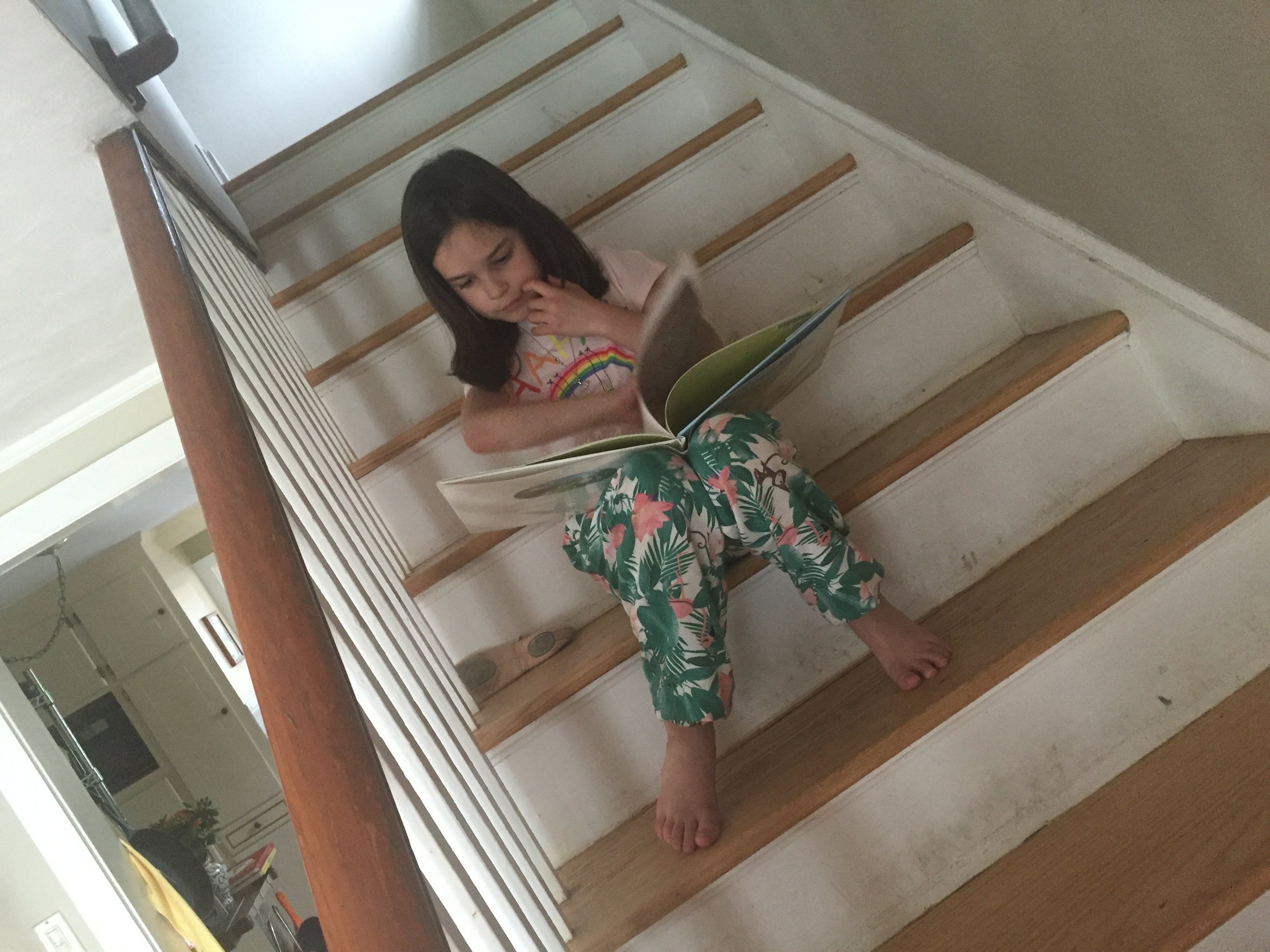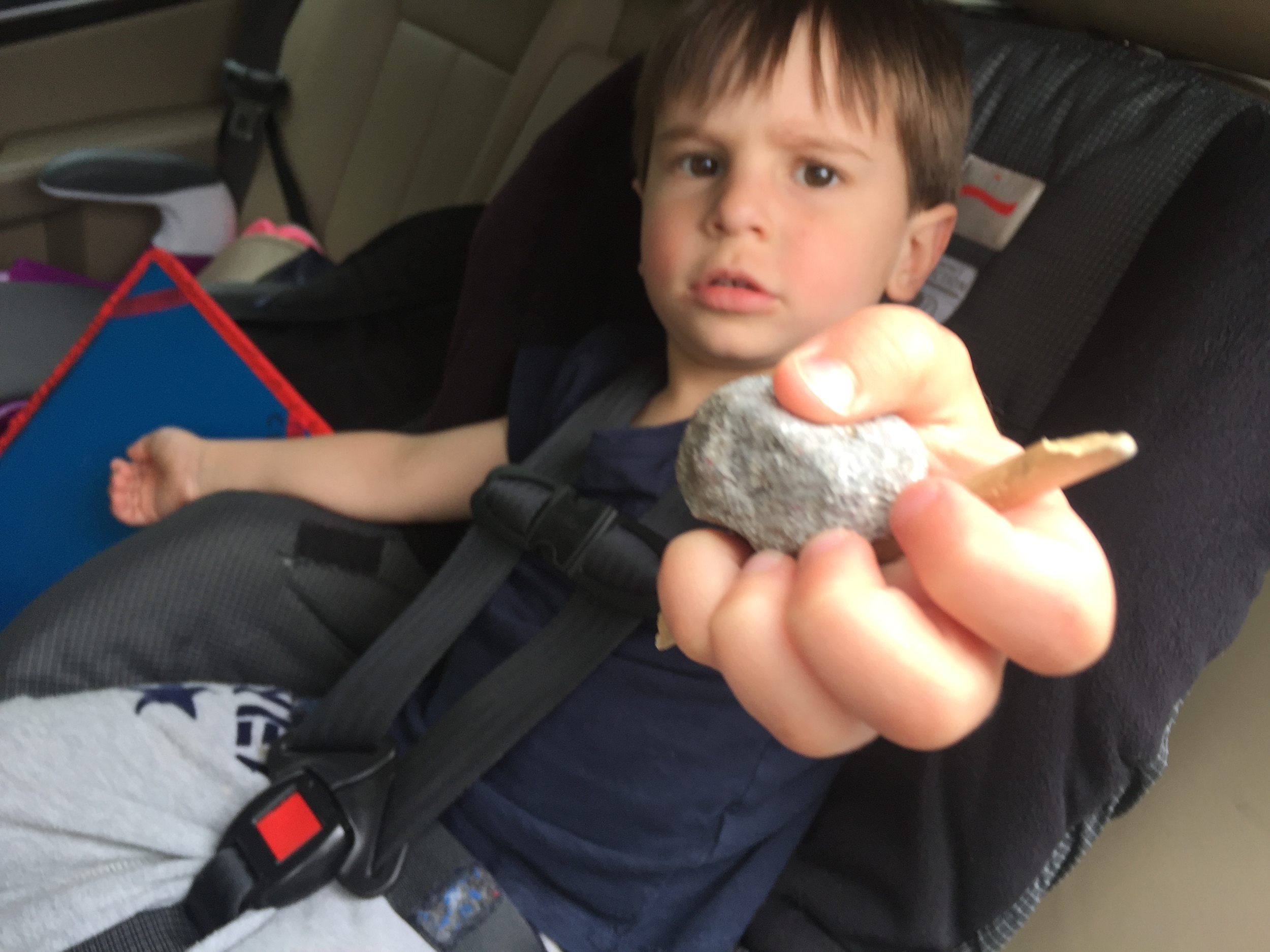My friend and I were discussing the possibilities of a barbecue this summer. I asked him about the size and condition of his gas grill.
"It's a little dented, but it came that way. My dad assembled it and gave it to me for Father's Day, but he didn't secure it well in the back of the truck when he drove it over. It got tossed around a bit. But it works fine."
"Hard to complain about a free gas grill," I said. "I had to buy my own. And assemble it by myself, too."
As I said these words, it occurred to me that I haven't received anything from either one of my parents since I was 17 years-old.
My father left my life when I was very young, and my mother rapidly descended into abject poverty when her second husband - an evil son-of-a-bitch - left her with almost nothing about a year after I graduated from high school. Other than a music box, a collection of state quarters, and a few other small gifts, I haven't received anything of value from my parents for almost thirty years.
No gas grill.
No college tuition.
No cash bailouts when I was in trouble.
No downpayment on my first home.
No birthday, wedding, house warming, or anniversary gifts.
No grandparent gifts for my children.
Furthermore, there was no inheritance when my mother passed away. No family home. No savings account. No precious family heirlooms. My mother died in a nursing home with almost nothing to her name.
I've been on my own for a long, long time.
- I've bought every car that I've ever owned with my own money.
- I paid every penny of my college tuition.
- When I was arrested for a crime I did not commit, I worked more than 80 hours a week for almost two years to pay the $25,000 attorney fee.
- When I was 22 years-old and lost my home, there was no childhood home to return to. No place to recover and regain my footing. I moved into my car and became homeless for a time.
No safety net. No support system. No backup plan.
Thankfully, my life has turned out well despite the lack of support. I managed to make it to college when I was 23 years-old and managed to graduate five years later with degrees in English and elementary education. I became the teacher and writer I always dreamed of being when I was a little boy.
I was lucky. My dreams came true.
But I find myself wondering about the longterm financial impact of financially stable parents on a person. More specifically, how do outcomes differ between individuals who have the financial support of their parents into adulthood and those who do not?
When a person have to pay their way through college, how does this impact their life longterm?
When a person doesn't have parents to assist with the purchase of a car or a home, how does this change their longterm financial outlook? When there are no parents to pay for weddings, assist with home repairs, provide infusions of cash at precarious moments in the person's life, and even buy the occasional meal or holiday gift, how does this alter a person's future?
is their financial outlook vastly different? Do they differ in terms of happiness and healthiness? Do their life spans differ significantly? Do they become fundamentally different people?
I have friends whose parents have paid for their family vacations. Supplied a downpayment on a home. Fully funded their wedding and honeymoon. Paid every penny of their college tuition.
I have a friend with two children who has never purchased a diaper in his life.
His mother buys them.
I have friends who have joined successful family businesses and have never felt the fear, uncertainty, and sting of longterm unemployment or debilitating poverty. I have friends who have been bailed out of enormous jams by their parents.
Then I have friends like me who have had to grind it out on their own. Find their own way. Save themselves over and over again.
If you're a sociologist, I'd like you to conduct a study that examines the longterm outcomes of people who enjoy parental support post high school graduation and those who do not. I'd like to know how these two groups of people differ in terms of employment, wealth, happiness, life span, health, marital outcomes, and overall achievement.
I'm curious. Which type of person fairs better in the long run?
I'd like to think that those who make it on their own are ultimately more successful in the indicators I have mentioned above, but I suspect that this isn't the case. If I were to hazard a guess, I suspect that people with the support of parents after high school are far better off than those who do not. They tend to be happier, healthier, and wealthier than their counterparts.
And while I certainly don't denigrate my friends who have enjoyed the ongoing support of their parents or joined ready-made family businesses, I tend to be more impressed by the people I know who had to blaze their own trail through life, absent of the gifts of college tuition, downpayments, family businesses, and gas grills.
























